
My Response to “The Courage of Compassion” by Galen Pearl
“Once a person has surrendered his/her will and become a mere tool, there are no lengths of evil to which the fool will not go, yet all the time is unable to see that it is evil. Here lies the danger of a diabolical exploitation of humanity, which can do irreparable damage to the human character.
But it is just at this point that we realize that the fool cannot be saved by education. What he/she needs is redemption…”
~Dietrich Bonhoeffer
Bonhoeffer’s message is a stark warning to us all. Should we chose to march, write letters to various publications or to our congress people, give money to what we feel is a “just cause” — lets us remember that all are susceptible to personal and collective error, to misguided thinking, to human frailty.

What Spiritually Awake People Feel in Crowds by Alan Watts
You know, there's a very peculiar thing that happens to people who have undergone what we might call a spiritual awakening. They find that crowds, gatherings of people, what we would ordinarily think of as perfectly normal social situations, become extraordinarily difficult to navigate. I don't mean difficult in the sense of social anxiety or shyness, though it might appear that way from the outside. I mean something far more subtle and far more profound. When you wake up, when you see through the game that most people are playing, when you recognize that the emperor has no clothes, you begin to experience crowds in an entirely different way. It’s rather like being the only sober person at a party where everyone else is intoxicated. You can see what’s happening with a clarity that's almost painful, while everyone around you is completely absorbed in the drama, completely identified with the performance.
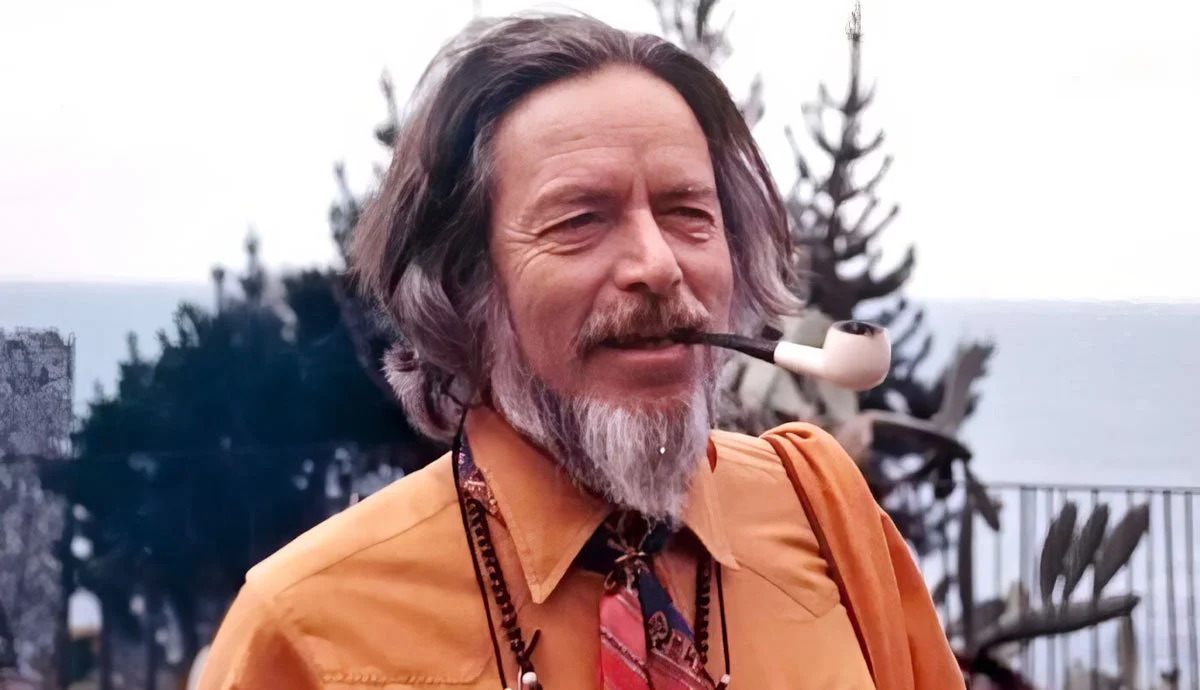
Why Spiritually Awake People Don't Have Many Friends by Alan Watts
You know, there's something rather curious that happens when you begin to wake up. And I don't mean wake up in the morning after a good sleep, though that's important, too. I mean wake up in the sense of seeing through the game, understanding the cosmic joke, realizing that you are not a stranger in this universe, but rather an essential feature of it. When this awakening begins to occur, you'll notice something peculiar. Your circle of friends starts to shrink. Not because you've become disagreeable or antisocial, but because you've begun to operate on an entirely different frequency. It's rather like trying to tune into a radio station that most people can't quite pick up. They hear static where you hear music, and they hear music where you've begun to notice the silence between the notes.

Separation vs. Alienation & “the Fear of God” by Brad Jersak
My friend Lazar Puhalo recounts his memory of the coronation of Queen Elizabeth on a new-fangled invention called the ‘television. It was June 2, 1953. During the coronation of this graceful and gracious 27-year-young woman, the same style of King James language used above referred to the new queen as our ‘fearful and ‘terrible sovereign, which sounds ominous indeed. And yet, those who ‘feared her with reverence and awe’ also felt a deep love for her, however solemn and reverential the occasion.
For me, that analogy was extremely helpful. So many preachers have told us to ‘fear God, fear God, fear God,’ using the threat of punishment and ultimatums of eternal fire if you don’t. But the fact is that you cannot love someone under compulsion or threat. Such ‘love’ is nothing more than a form of psychosis on the one making such demands or an obsession in the one who consents to them.

IDENTITY RECOGNITION BY JOHN KULISH
“THE WHOLE OF CREATION GROANS AS IT AWAITS THE MANIFESTATION OF THE SONS OF GOD.” AS THE UN-ENLIGHENED SEEMINGLY SEPARATED ASPECTS OF THE MIND OF GOD WERE WAITING, THEY WERE TOLD THAT “WITH GOD ONE DAY IS AS 1,000 YEARS.” WELL EVEN AFTER 1.000 YEARS THEY WERE STILL WAITING AND WERE GIVEN THE SAME EXCUSE.
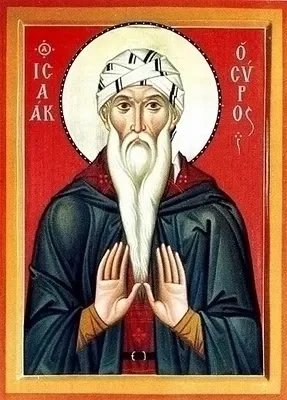
Apokatastasis: An Alternative Doctrine to Hell by Justin Coutts
Celtic cosmology has often been cyclical rather than linear. The pre-Christian myths of the Celtic people do not have an account of the origins of the universe or the end of time. That changed when Christianity came on the scene as there was a clear beginning and clear end to the Biblical narrative. Yet, there has always been a stream of teaching in the Christian tradition, undoubtedly at least as far back as Origen of Alexandria, which teaches a cyclical cosmology. The word used for this in Greek is apokatastasis which literally translates to “restoration.” It appears only once in the New Testament in the following verse from Acts, but it became a very important word and concept for the early Church.
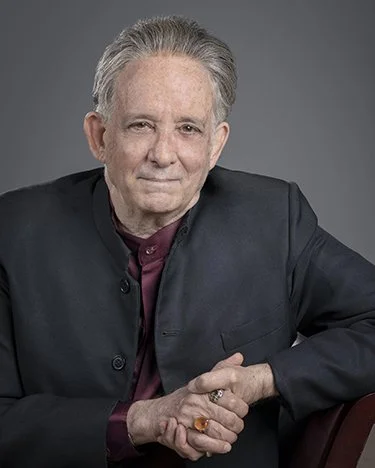
Authentic heart - Excerpt by Andrew Harvey
You cannot live in the authentic heart without being open to what the authentic heart is open to — the great ecstasy and the great heartbreaks.
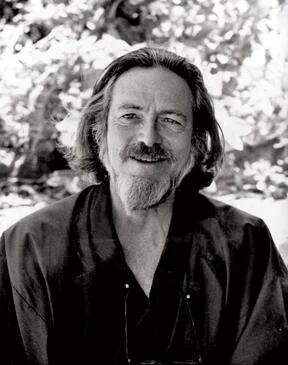
“Beat Zen, Square Zen, and Zen” by Alan Watts
It is as difficult for Anglo-Saxons as for the Japanese to absorb anything quite so Chinese as Zen. For though the word “Zen” is Japanese and though Japan is now its home, Zen Buddhism is the creation of T’ang dynasty China. I do not say this as a prelude to harping upon the incommunicable subtleties of alien cultures. The point is simply that people who feel a profound need to justify themselves have difficulty in understanding the viewpoints of those who do not, and the Chinese who created Zen were the same kind of people as Lao-tzu, who, centuries before, said, “Those who justify themselves do not convince.”
SUPPORT THE ALAN WATTS ORGANIZATION

Richard Rohr’s Seven Themes of Alternative Orthodoxy
The programs and resources of the Center for Action and Contemplation (CAC) are grounded in the wisdom of the Christian contemplative traditions with a special emphasis on Father Richard Rohr’s Franciscan heritage—especially its alternative orthodoxy.
The Franciscan tradition exemplifies an alternative orthodoxy through its emphasis on the importance of praxis over theory, or orthopraxy over orthodoxy. While orthodoxy is about correct beliefs, orthopraxy is about right practice — more to do with the way we live our daily lives and treat other people than making verbal or mental assent to this or that idea.

The Parable of the Lost Son (Sons) - Yeshua
"Once there was a father with two sons. 12The younger son came to his father and said, 'Father, don't you think it's time to give me my share of your estate?' So the father went ahead and distributed between the two sons their inheritance.£ 13 Shortly afterward, the younger son packed up all his belongings and traveled off to see the world. He journeyed to a far-off land where he soon wasted all he was given in a binge of extravagant and reckless living.

Christianity and Totalitarianism by Thomas Merton
"A mass movement readily exploits the discontent and frustration of large segments of the population which for some reason or other cannot face the responsibility of being persons and standing on their own feet…”
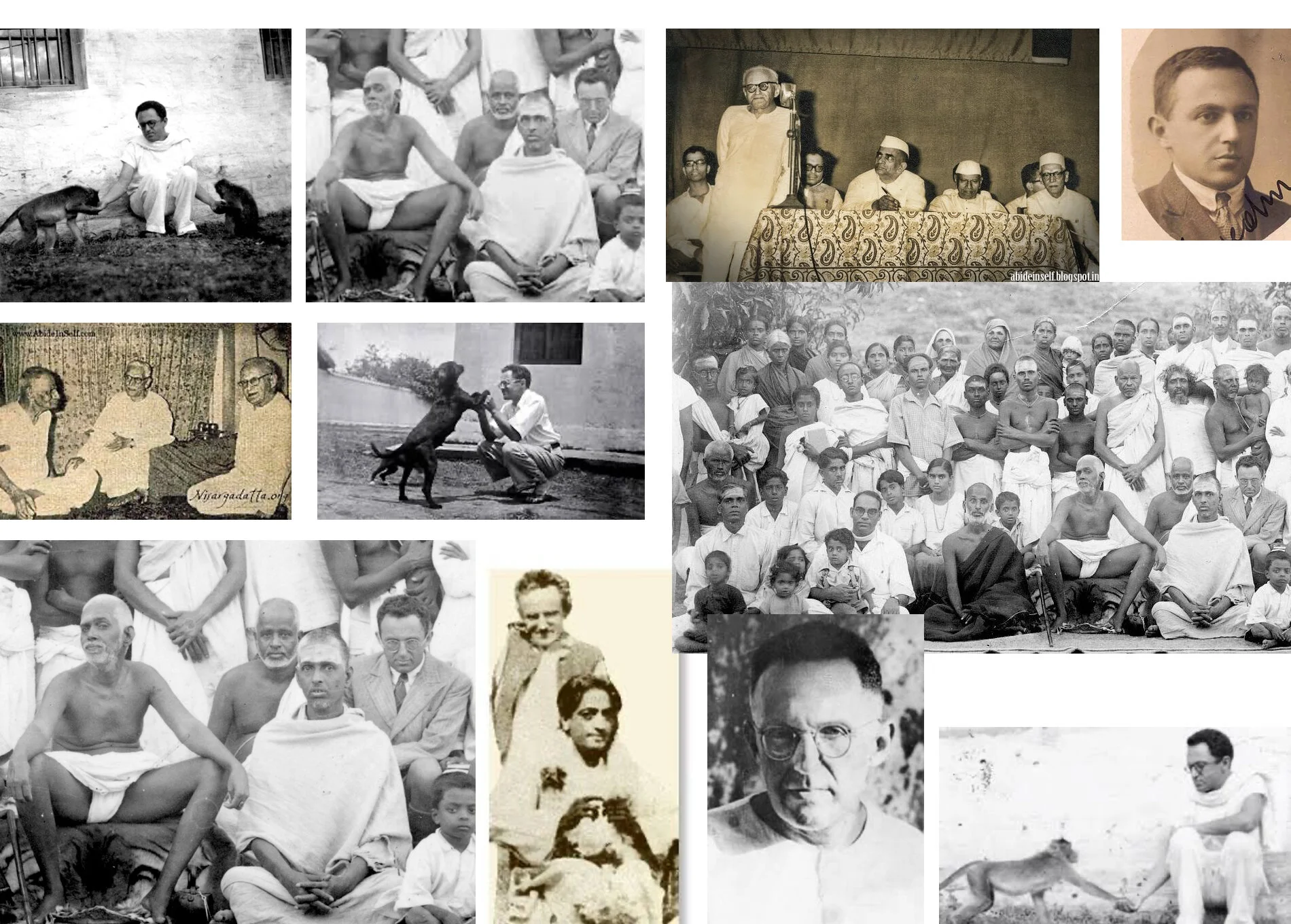
"The Extraordinary Life of Maurice Frydman" (Biographical Collection)
Maurice Frydman is one of most extraordinary people I’ve ever come across and virtually nothing is known about him. And because of his connection with Ramana Maharshi, Krishnamurti, Gandhi, Nisargadatta, the Dali Lama I kind of view him in my own mind as a Forest Gump of 20th century spirituality. He was in all the right places in all the right times to get the maximum benefit of interaction with some of the greats of Indian spirituality… He was a Gandhian, he worked for the uplift of the poor in India, he worked with Tibetan refugees, he edited extraordinary books [like] “I am That,” probably one of the all time spiritual classics.

David Godman interview - Buddha and the Gas Pump (excerpt on Maurice Frydman)
David: Maurice Frydman is one of the most extraordinary people I have ever come across and virtually nothing is known about him. Because of his connection with Ramana Maharshi, Krishnamurti, Gandhi, Nisargadatta, the Dalai Lama, I kind of view him in my own mind as the Forrest Gump of 20th century spirituality. He was in all the right places in all the right times to get the maximum benefit from interactions with some of the greats of Indian spirituality, and at the end of his career he was just about the only person that Nisargadatta certified as a jnani.
So in between all these trips to India’s major gurus, he was a Gandhian; he worked for the uplift of the poor in India; he worked with Tibetan refugees; he edited extraordinary books. I am That is probably one of the all-time spiritual classics. This man for me is, how shall we say, a shining beacon of how devotees could and should be with their teachers. He was just an absolutely extraordinary man. Oh, and he went out of his way to cover his tracks, to hide what he had actually accomplished in his life.
So I have enjoyed the detective work of looking in obscure places and digging out stuff that he personally tried to hide, not because it was embarrassing, but because he didn’t like to take credit for what he had done. So I see this as an opportunity to wave the Maurice flag and say, ‘Look, this is one of the greatest devotees, sadhaks, seekers from the west who has been to India in the last 100 years and I think more people should know about him.’
BE A SUPPORTER OF BUDDHA at the GAS PUMP

“The Love of God and Affliction” by Simone Weil
In the realm of suffering, affliction is something apart, specific, and irreducible. It is quite a different thing from simple suffering. It takes possession of the soul and marks it through and through with its own particular mark, the mark of slavery. Slavery as practiced by ancient Rome is only an extreme form of affliction. The men of antiquity, who knew all about this question, used to say: “A man loses half his soul the day he becomes a slave.”

“God Lets His Children Tell the Story”: An Angle on God’s Violence in the Old Testament by Pete Enns
My seminary Hebrew professor, former colleague, and friend, Al Groves, who is of blessed memory, was a wonderful, honest, and pastoral man. When dealing with the theological difficulties that arise in the course of reading the Bible, Al would say, “God lets his children tell the story.”

"What Did Jesus Know?" by Father Sean ÓLaoire
For a few years in the 1970’s, I was the headmaster of Kipchimchim Harambee Secondary School at the western end of the great Rift Valley of Kenya. I also taught math, physics and Scripture. At one stage we were studying Luke’s gospel and we came upon the story of the boy Jesus being ‘lost’ in the Jerusalem temple. Chastened by an upset mother, we are told that he returned to Nazareth with his parents and was obedient to them. Then Luke adds, “And Jesus grew in wisdom and stature, and in favor with God and man.” In an earlier story, the presentation of the infant Jesus in the temple some 12 years before, we read, again in Luke, “And the child grew and became strong; he was filled with wisdom, and the grace of God was on him.”
BE A SUPPORTER OF FR. SEAN O`LAOIRE’S WORK

Researcher Finds Roots of Fundamentalism in 16th Century Bible Translations by Emily T. Simon
The English Reformation — heyday of religious change — spurred a fundamentalist approach to Bible reading, according to new research by a Harvard professor.
“Evangelical reading habits after 1525 were disciplinary, punishing, and even demeaning,” says James Simpson, Donald P. and Katherine B. Loker Professor of English in Harvard’s Faculty of Arts and Sciences.

The Blind Men and the Elephant
A folk tale from India that teaches intercultural awareness by illustrating how different perspectives lead to distinct points of view.
Long ago six old men lived in a village in India. Each was born blind. The other villagers loved the old men and kept them away from harm. Since the blind men could not see the world for themselves, they had to imagine many of its wonders. They listened carefully to the stories told by travelers to learn what they could about life outside the village.

“The Bible — a Two Edged Sword” by Keith Basar
The centrality of Scripture (at least from the Protestant perspective) is surely a double edged sword. Hey, it’s God’s word! Isn’t this what us Protestants were taught? The final authority, sola scriptura. Actually, if we pry a little deeper, that notion of “Gods Word” (the Bible) is suspect.

Feeling Left Behind by Age? These 5 Buddhist Truths Will Change Everything
A WISE OLD MONK LIVED IN A REMOTE MOUNTAIN TEMPLE.
KNOWN TO VILLAGERS FOR HIS KINDNESS AND WISDOM
OVER THE DECADES MANY SOUGHT HIS ADVICE
AND HE GUIDED THEM THROUGH THEIR STRUGGLES.
ONE DAY A YOUNG DISCIPLE ASKED MASTER,
“DOES IT NOT SADDEN YOU THAT WHEN YOU PASS AWAY
PEOPLE MAY FORGET YOUR NAME?”

